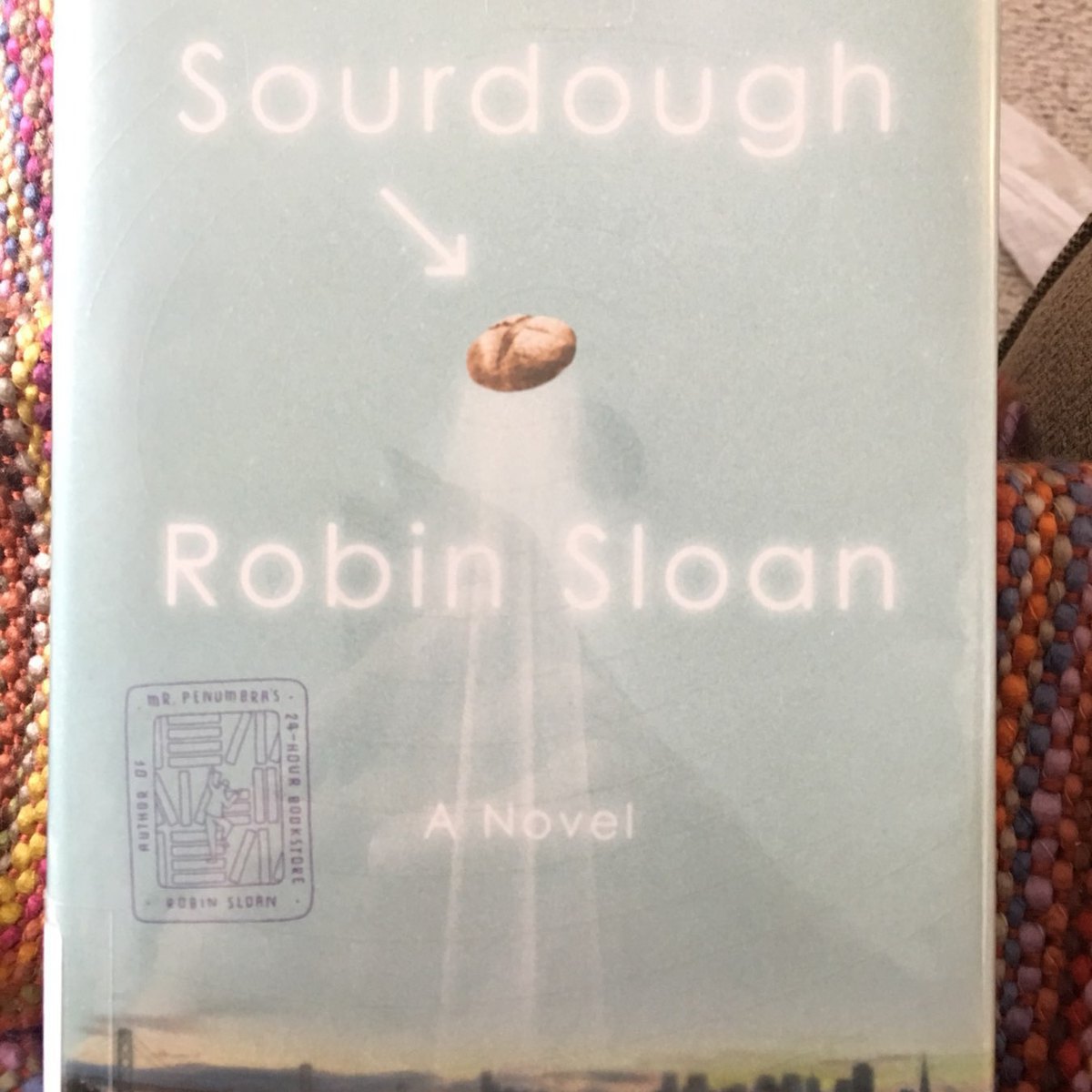The a-fore-quoted interview with Cecil Taylor harmonizes with this interview with Ursula K. LeGuin, which begins with a lengthy and fascinating discussion of rhythm and grammar, the foundations of LeGuin’s own remarkable craft.
Cecil Taylor, RIP
Start with Ben Ratliff’s obituary for the NYT. NPR’s coverage of Taylor’s life and work is also excellent: Jazz, Freed: On Cecil Taylor’s Expansive Brilliance an obituary by Tom Vitale finally, and most importantly, Taylor’s appearance on Marian McPartland’s Piano Jazz. It’s a wonderful episode; Taylor seems to be a gentle, strange, and caring person who’s remarkably humble about his remarkable improvisational gifts. He’s also a teacher whose only advice to a hypothetical student is: Look, find one note on the instrument that pleases you.
Building Anglo-Saxon England
A fascinating new release from Princeton University Press: John Blair’s Building Anglo-Saxon England. Here’s the book description: This beautifully illustrated book draws on the latest archaeological discoveries to present a radical reappraisal of the Anglo-Saxon built environment and its inhabitants. John Blair, one of the world’s leading experts on this transformative era in England’s early history, explains the origins of towns, manor houses, and castles in a completely new way, and sheds new light on the important functions of buildings and settlements in shaping people’s lives during the age of the Venerable Bede and King Alfred.
Timothy Murphy's *Devotions*: Art and Death
Reading Anthony Domestico’s review of Timothy Murphy’s latest book of poems, I was saddened to learn of Murphy’s stage IV cancer. He’s one of our great poets; the fact that he’s from my hometown, Fargo, has given me a particular fondness for his work: Now separation has become my fear. What was does not console, what is, is past control— the disembodiment that looms so near. Read several of his poems at the Poetry Foundation.
I recommend this conversation in Democracy on whether political parties are dying or strengthening, though its conclusion—that parties are essentially content-less platforms—shouldn’t surprise anyone who lived through the last presidential election.
Robin Sloan’s Sourdough: like Mr Penumbra, simply delightful. I’m half done, and can’t put it down. Highly recommended!

Alan Jacobs makes a powerful and persuasive argument for the open web in The Hedgehog Review:
We need to revivify the open Web and teach others—especially those who have never known the open Web—to learn to live extramurally: outside the walls.
A wonderful essay in the TLS on Arnold as poet—his (deliberate) awkwardness, off-rhymes, and the “poetrylessness” of the Victorian age.

